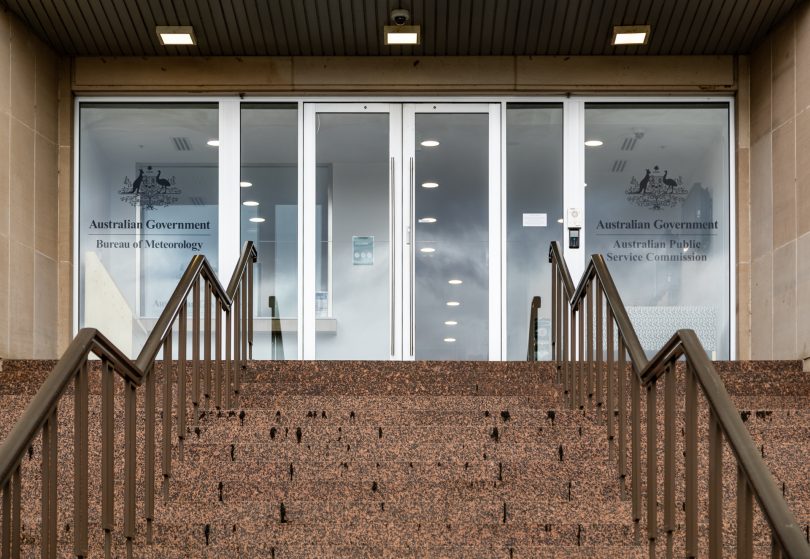
The Australian Public Service Commission says it gave the APS workforce what it wanted in flexible working rights. Photo: Michelle Kroll.
While most public servants are eagerly anticipating the start of their new rights to work from home more often, or to work from outside of Canberra, some government agencies are scrambling to be ready for the fresh approach to workplace conditions.
Departments are having to restructure – and in some instances, entirely replace – ICT networks to accommodate the new arrangements.
Rostering staff is also shaping up to be somewhat of a potential nightmare for public service bosses.
“Let’s face it, lots of people are going to take up their new rights to work from home,” one agency head told Region.
“That, combined with the fact more employees will be actually located outside of the capital, and we’re looking at the possibility of a very different APS.”
Region has also been told of numerous cases where employees are opting to relocate interstate and being approved on the condition they return to head office in Canberra at regular and specified intervals – at their own expense.
“That’s the trade-off: if they want to work remotely most of the time, they have to pay for those times when they must be in the office,” one senior public servant said.
Agencies are still quite varied in how they manage work-from-home requests, with some bosses requiring all staff to be in the office most (or all) of the time, while others are far more relaxed with employees working remotely.
Some agencies have work-from-home rosters in place and some still manage requests on a case-by-case basis.
Flexible working arrangements for Australian Public Service employees, however, were secured in APS-wide bargaining negotiations last year, with staff coming out winners.
Agreements at agency level are expected to be positively voted on in time for the new regimen of conditions to start in March.
A bias towards approving work-from-home requests will be formalised and the flexibility will apply to all levels across the APS and its 102 agencies.
While the Australian Public Service Commission said it had listened to what staff had been requesting, the Community and Public Sector Union claimed a win in the bargaining process.
The union locked in significant improvements to APS workers’ access to flexible working arrangements, including working from home.
There will be improved and enforceable flexible work rights, potentially opening doors for jobseekers who were previously unable to consider APS employment or those who had to leave the sector due to a change of circumstances.
“The traditional approach to APS work has hindered the attraction and retention of staff across the service,” CPSU national secretary Melissa Donnelly said at the time of securing the win.
“Flexibility in how, when and where public sector work is done will see the APS become increasingly diverse, adaptable and accessible.
“This is good news for public servants, public services, public policy, and the public.”
For its part, the APSC said it was delivering what employees had been asking for.
Chief negotiator Peter Riordan said the position was reached following comprehensive discussions during the bargaining process.
It signalled a significant step for the APS and would create a consistent approach to flexible work arrangements for all APS employees, he said at the time of the agreement being reached.
The proposal is based on claims from employee representatives, the Secretaries Board’s flexible work principles and consideration of views provided by all the APS agencies represented.
“This common condition is the result of genuine negotiation, collaborating with agencies and engaging in good faith with bargaining representatives to achieve a meaningful outcome for employees and agencies,” Mr Riordan said.
Original Article published by Chris Johnson on Riotact.








